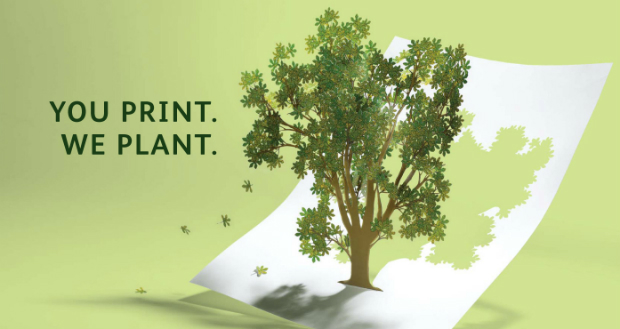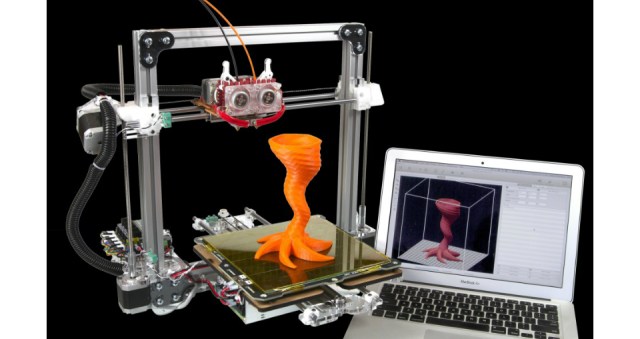But the environmentally unfriendly image of metallised packaging is about to change with the ability of inventive Australian company, Optimet, to directly metallise cartonboard.
This new process has been stylishly demonstrated by global pharmaceutical company Pfizer, in the new packaging for its Sudafed Double Action Congestion & Sinus Pain Relief products.
The Sudafed packaging features a premium metallic lustre and superb finished print aesthetics with production by Sydney-based P & I Printing.
The Optimet process begins with specially formulated coatings that are dried by an electron beam radiation process.
Ultra thin layers of aluminium molecules are then applied to this surface under vacuum conditions. (Other substrates can be used such as various grades of film or paper.)
Finally another layer of coating is applied over the metallised surface and this special coating is again dried by electron beam radiation. The product is now ready for printing and finishing.
Packaging using the direct metallising process is biodegradable, making it more recyclable than traditional film or foil laminated packs. The Optimet process also completely eliminates VOCs (volatile organic compounds) and HAPs (hazardous air pollutants) for a very positive environmental outcome all round.
Mary Anderson, packaging development manager of Pfizer Australia, says, “Sudafed is one of Pfizer’s strongest and most recognisable brands. We wanted the new packs to convey quality and leadership, and Optimet’s Direct Metallising process allows us to do this… but in an environmentally responsible way.”
In addition to its environmental benefits, the process can also improve performance during the die-cutting stage, as the final product has a monostructure and there is no pulling‚ or lifting of metallised surfaces such as can occur with traditional film or foil laminates. This particular characteristic results in superior tamper evidence because the security sealing tag cannot be lifted without breaking the monostructure.
In addition, the surface of the product is versatile in its printing receptivity and various grades of adhesive can be used to seal the pack.
Optimet is the only metallising company in the world using the direct metallising method combined with electron beam radiation cured coatings for all its products and is the only local manufacturer of metallised paper and cartonboard in Australia.
The results of the process have over the years been seen on leading brands such as CUB’s Crown Lager, Sterling Lager and Black Douglas Whisky, Coca-Cola Amatil’s Lift Plus Energy Drink, Nestle’s Milo, Jarrah Coffee and Ovaltine.
In summing up the development of the direct metallising process, Daniel Lee, Optimet technical manager, comments, “with the increasing global awareness of environmental issues related to packaging, and the advent of the National Packaging Covenant, manufacturers are looking to replace many of the traditional methods with newer, more eco-friendly processes. Optimet’s Direct Metallising process is a real breakthrough for packaging sustainability.”
Comment below to have your say on this story.
If you have a news story or tip-off, get in touch at editorial@sprinter.com.au.
Sign up to the Sprinter newsletter


